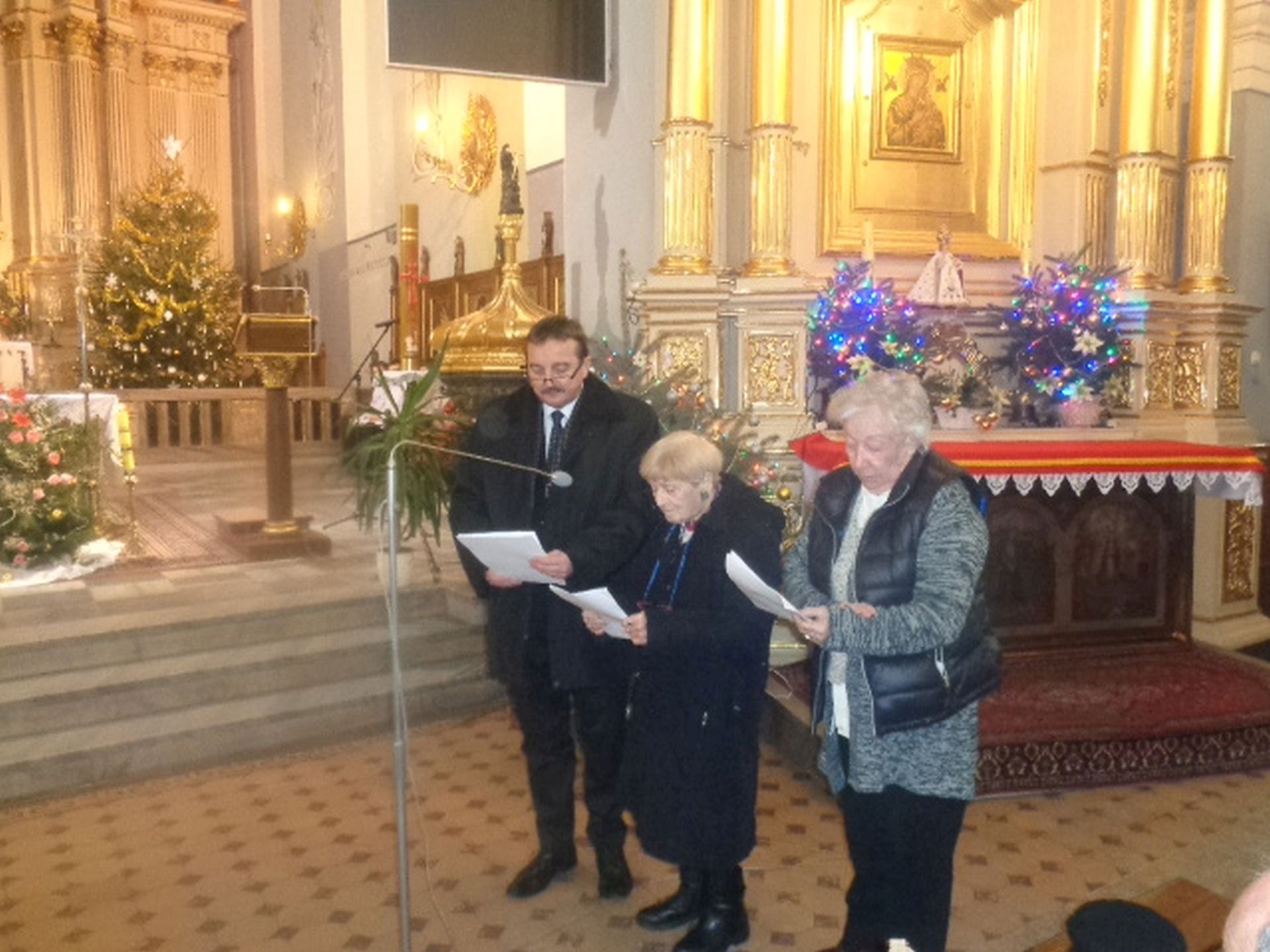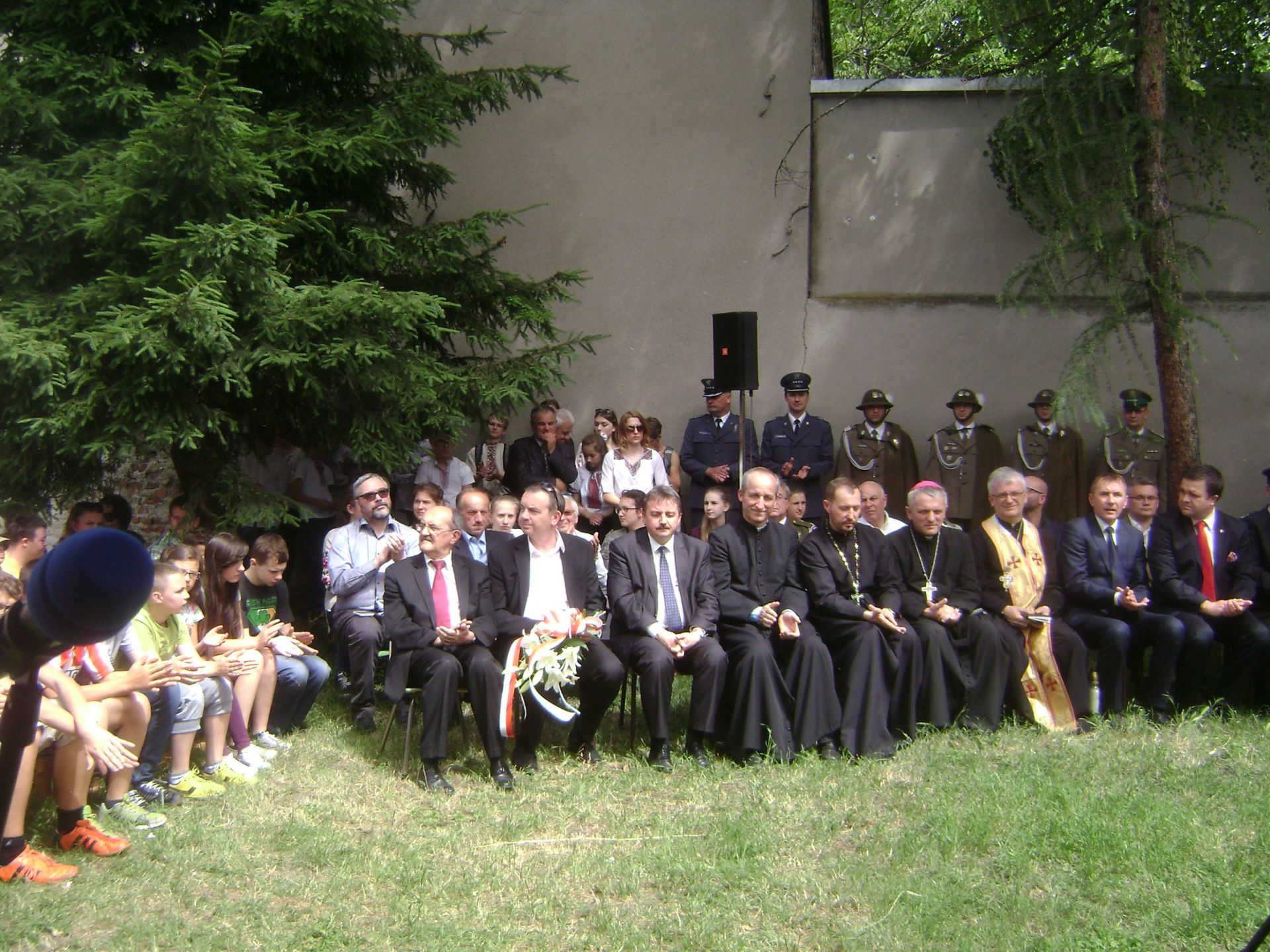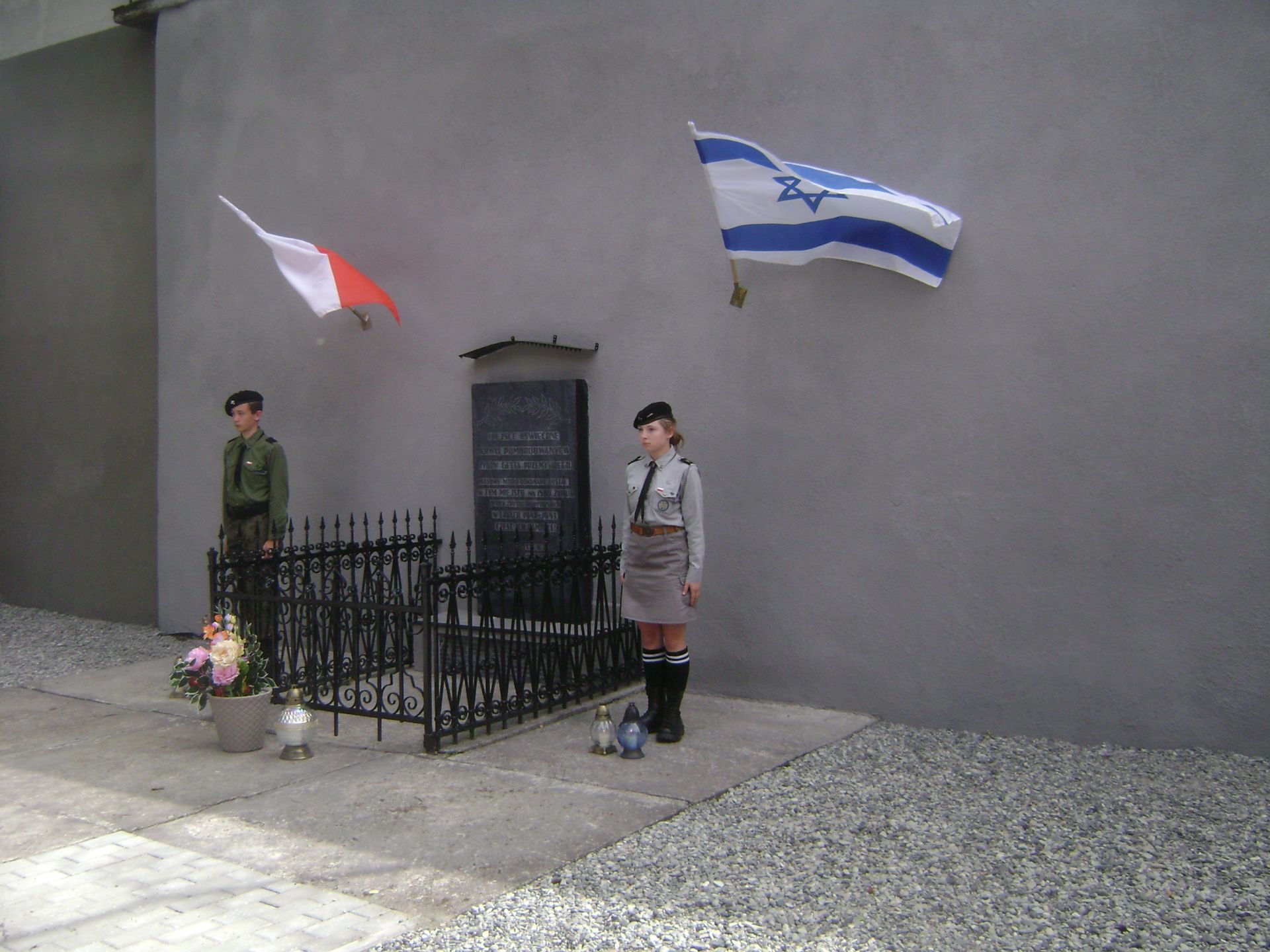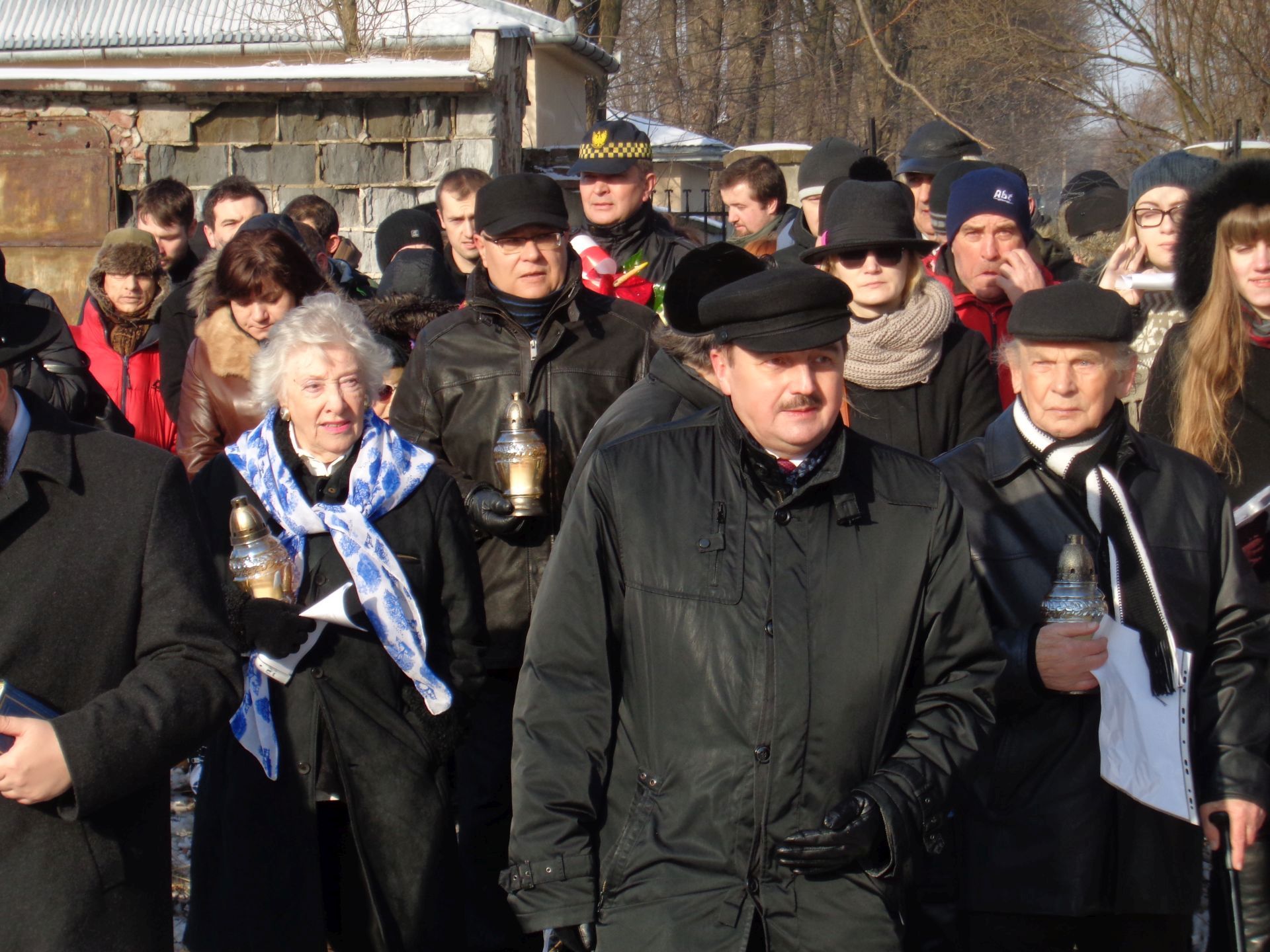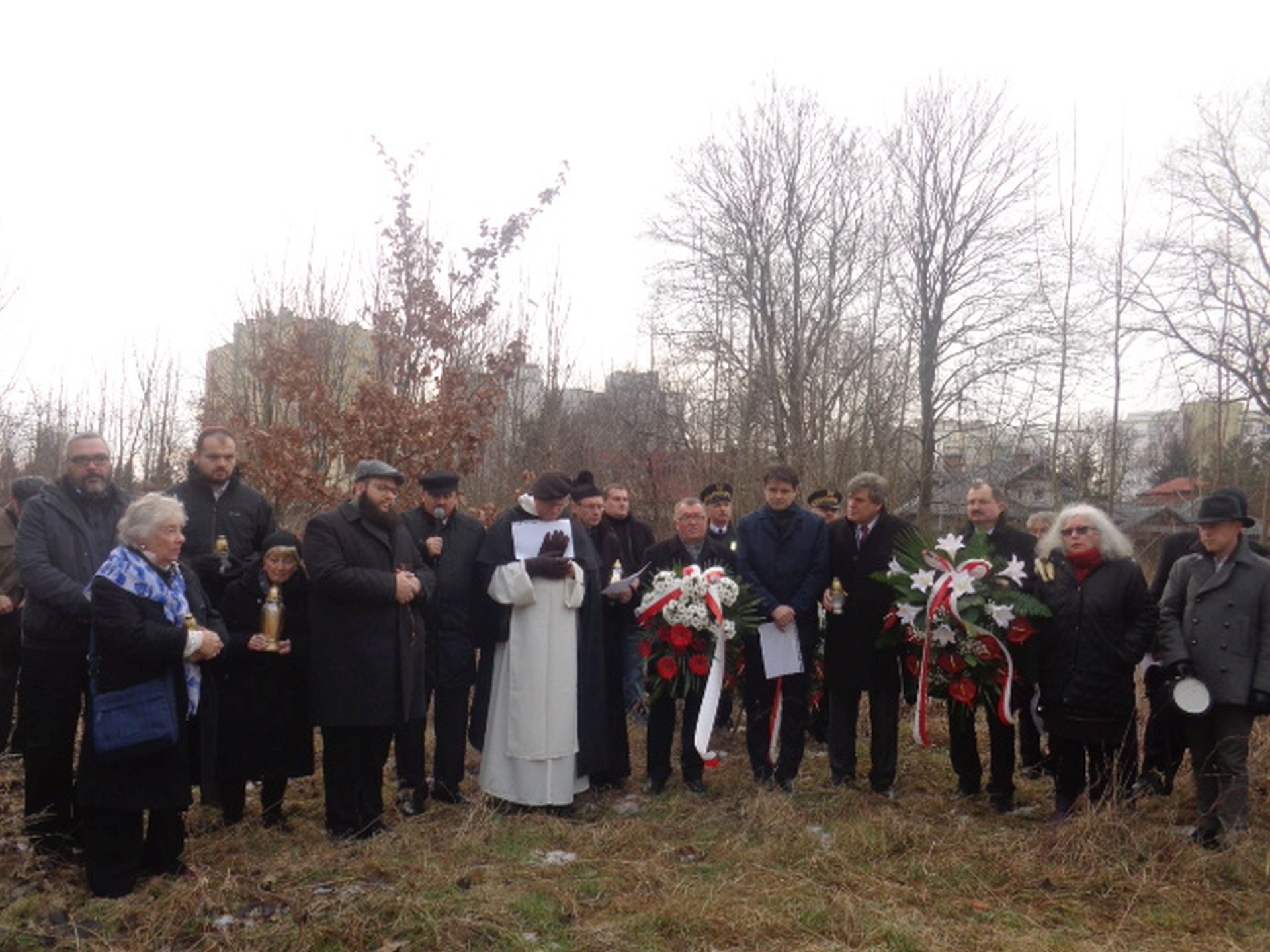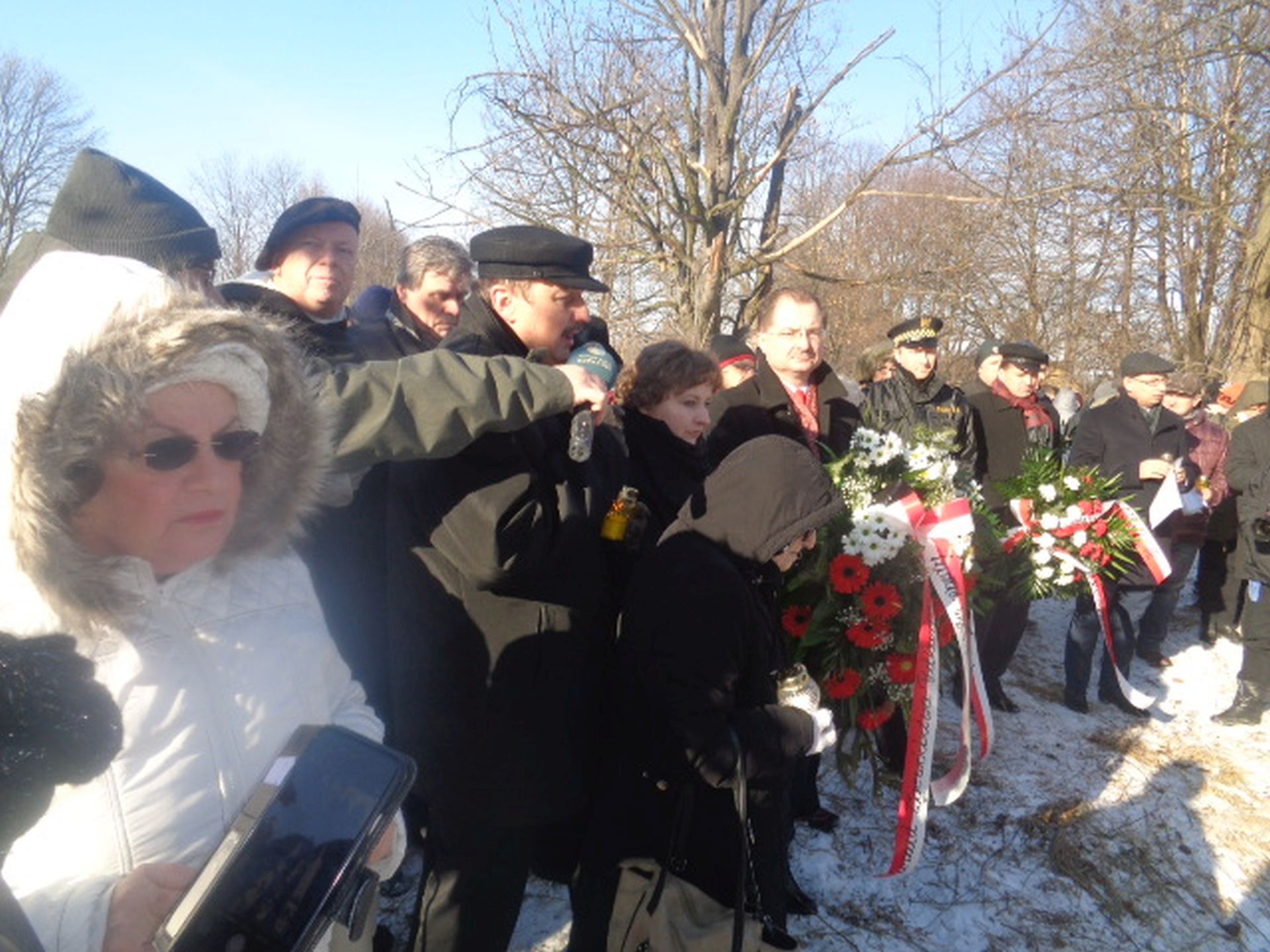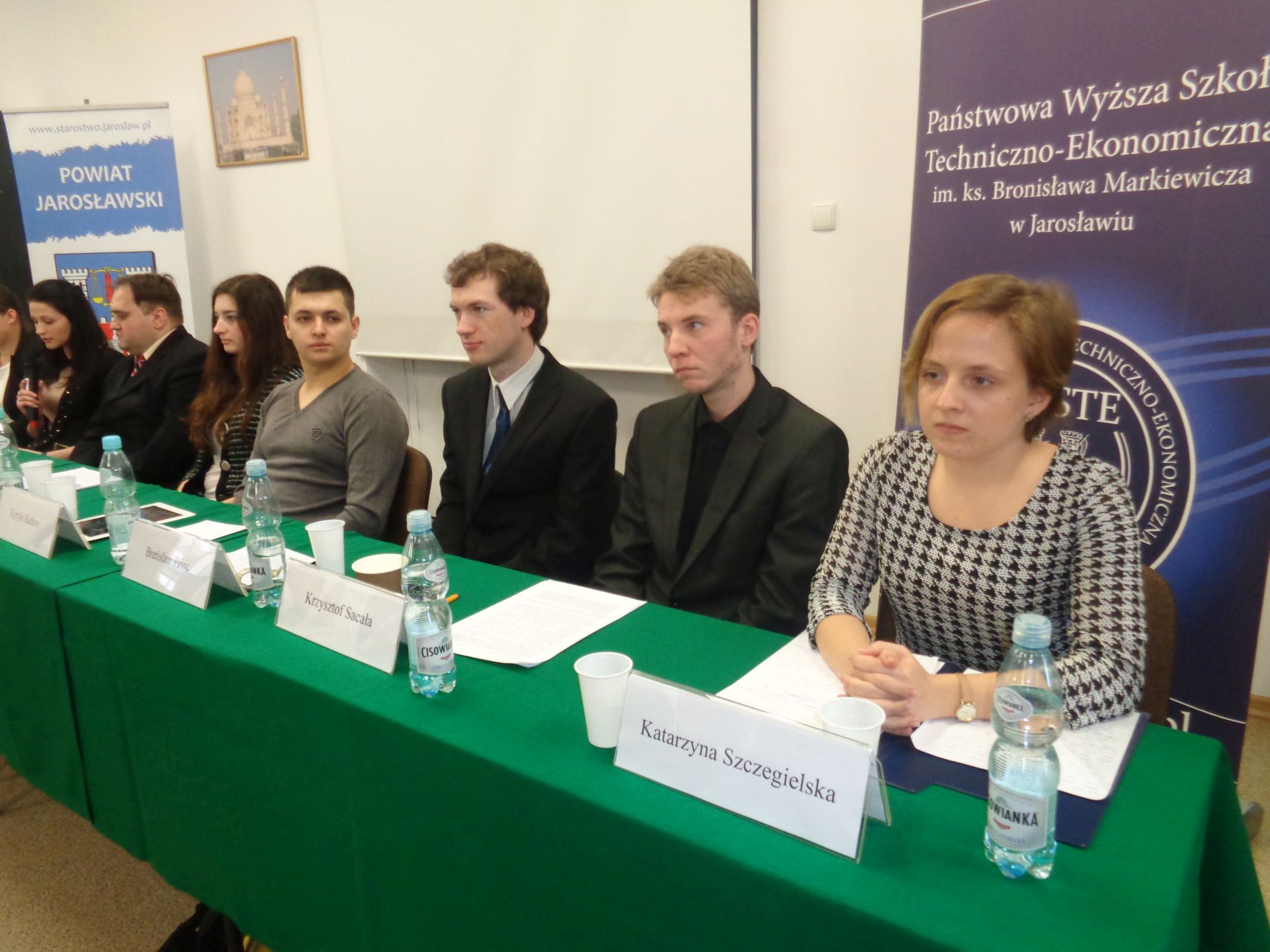I first became interested in Jewish topics in high school; upon reading the Old Testament, I became fascinated by ancient Jewish history. I returned to my interests in my junior year of college, while participating in a study tour for history students devoted to collecting information about Roman Catholic cemeteries in Rzeszów and Podkarpacie area. “Since there are so many Jewish cemeteries around here, why not document them as well?” I asked myself and thus focused my interest on the Jewish cemetery in Rzeszów. No one else was interested in undertaking this task. Thus, already as a student I forged some contacts, including with the Center for Research on the History and Culture of Polish Jews at the Hebrew University in Jerusalem. As a result, I wrote a scientific paper about the Jewish cemetery in Rzeszów. Foundations for my interests might have been laid in my family home, and especially by my conversations with my grandmother Helena about relations between different national groups inhabiting towns in Polish region of Galicia. Before World War II, my grandma Helena ran a successful tailoring business in Niemirów and hired Jewish girls. She was fluent in German, Ukrainian and Yiddish. I can still hear the Yiddish songs she would sing to me. Thanks to her, I do not differentiate people basing on their nationality, religion or political views. For a long time, I did not understand terms such as anti-Semitism or xenophobia, as they were completely foreign to my family home. In the course of my history studies, I realized that Jews living under Austrian-ruled Poland (Polish Galicia) were worse off than their non-Jewish neighbors. Yet, they never became focus of study nor research for Podkarpacie historians. I decided to change this, as Jewish history is an integral part of Polish history. Additional motivation for undertaking this subject matter were instances of anti-Semitism expressed in different forms that had negative impact on Polish-Jewish relations. As a historian and professor at University of Rzeszów I conduct academic research on the Jewish history and culture in the 19th and 20th centuries, relations between various minority groups, history of the Catholic church in the 20th century and the role of charity and philanthropy in social life.
Wacław Wierzbieniec
Rzeszów




